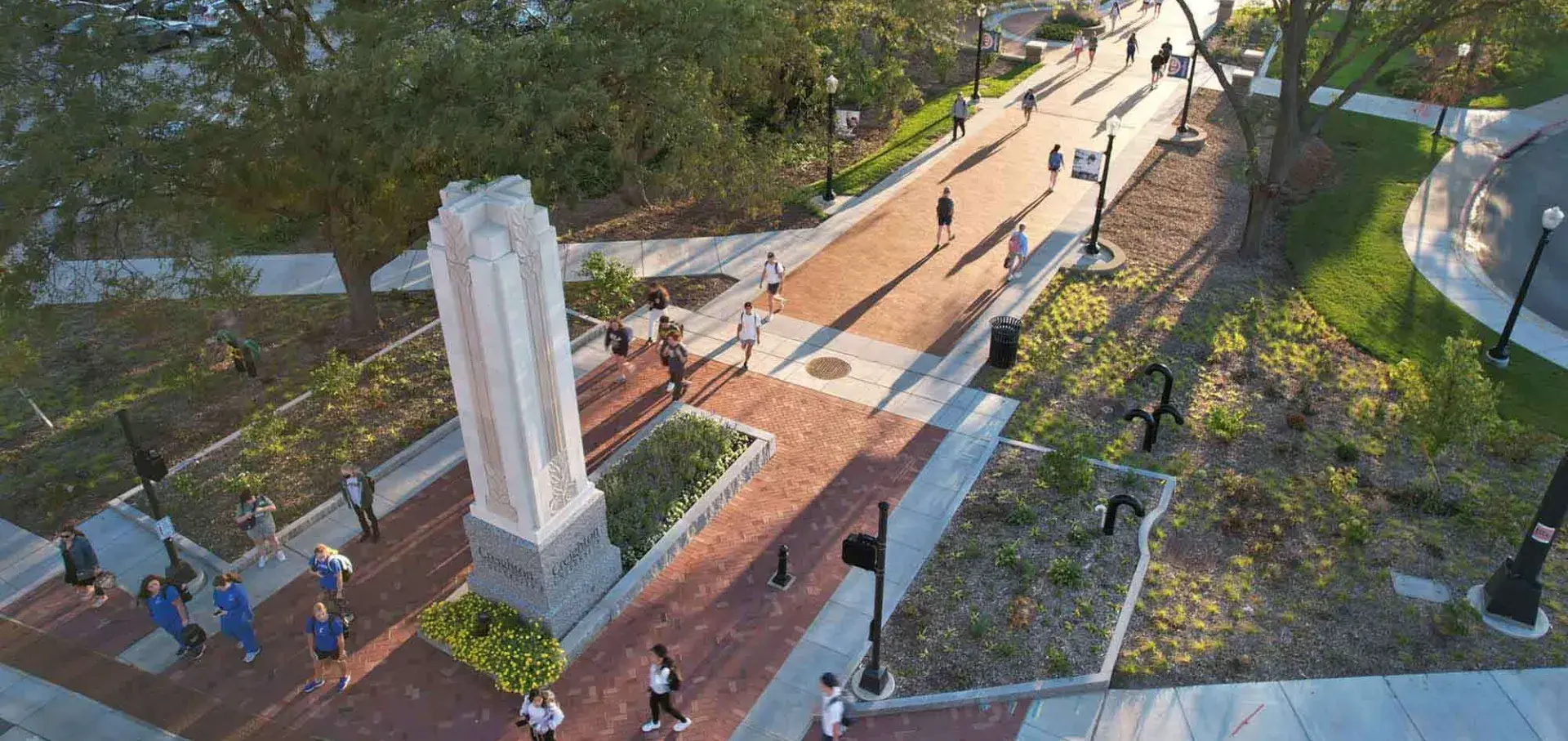
Vital Signs Mentoring
A Support Network of Peers, Alumni, Faculty and Clinicians.
The Vital Signs Mentoring Program provides structure and multiple opportunities for faculty, clinicians, students and alumni to interact and impact one another in mentoring relationships. We seek provide these opportunities through:
- Incorporating ethical principles and philosophy into training and future clinical practice
- Learning about professional behaviors and attitudes
- Developing coping skills to deal with stresses of medical school and practice
- Creating opportunities to lead a balanced and healthy lifestyle
- Increasing adjustment to each stage of medical education
- Increasing interaction between students and faculty
- Increasing access to professionals and resources
M1 and M2 Students
M1s are matched with M2s to help with transition issues. Four or five pairs of M1/M2 buddies are placed within mentoring groups with several M3/M4 Peer Mentors and a Faculty Mentor who meet as groups and individually.
Peer Mentors
Each group is assigned several M3/M4 peer mentors who volunteer to provide student leadership for the group and meet 1:1 with students.
Faculty Mentors
One faculty mentor is assigned to each of the small groups to provide guidance and professional expertise to group members and meet with students individually.
M3 and M4 Students
As M3s and M4s enter their clinical years, they choose a career mentor, typically in their specialty of interest, from a pool of clinicians with whom they will meet 1:1 each semester to explore career and professional development.
Career Mentors
Nearly 100 clinicians have volunteered to meet with their M3/M4 mentees each semester to provide career guidance and professional development.
Alumni Mentors
A pool of nearly 500 volunteer local and national alumni are available through email and phone to all medical students for questions or concerns about the profession of medicine and career decisions.




